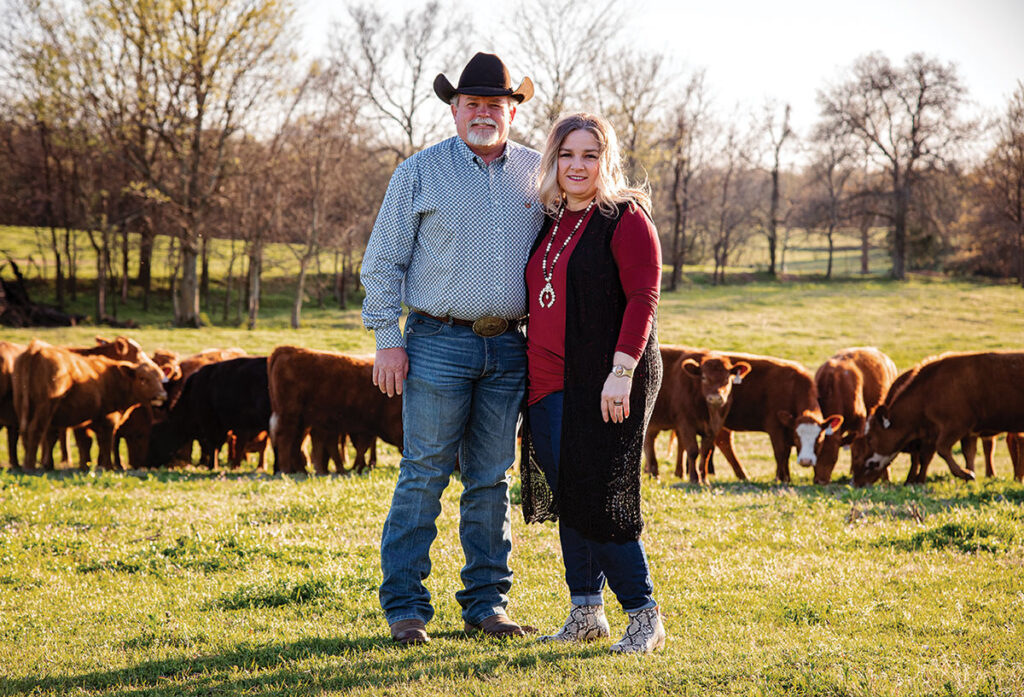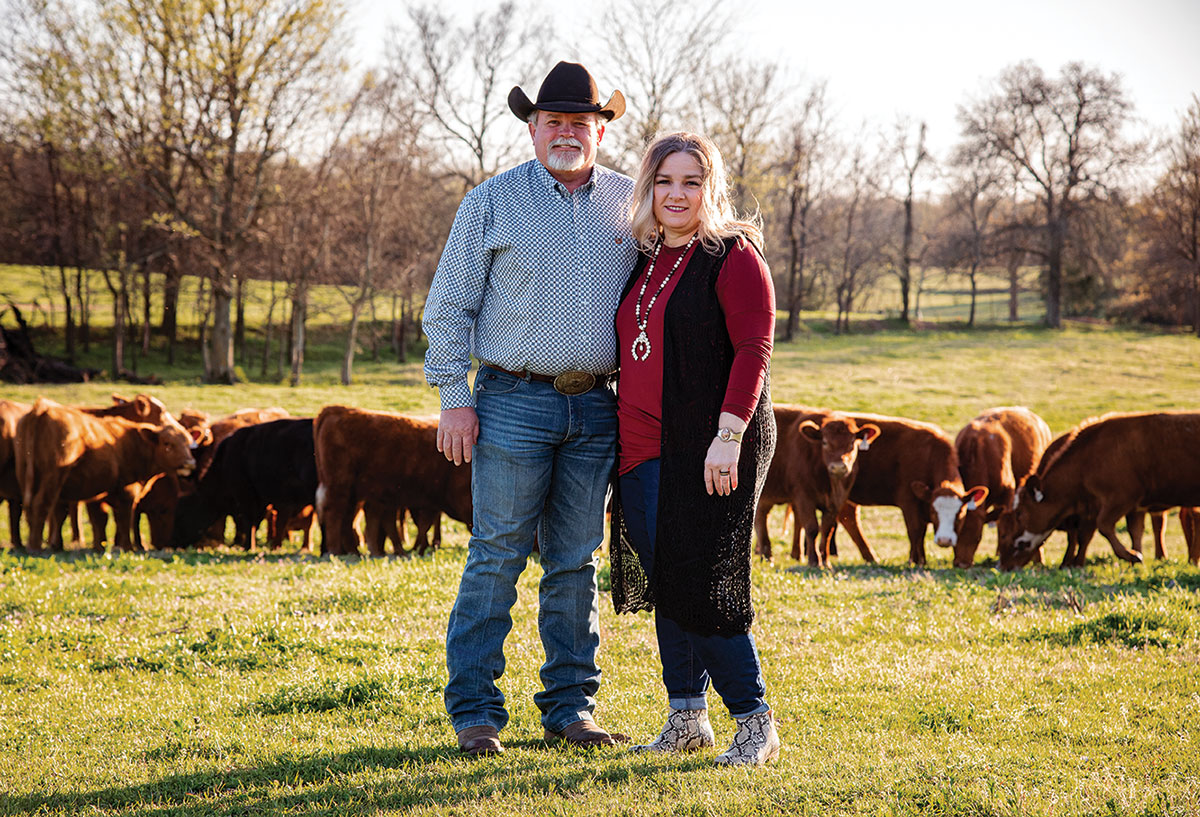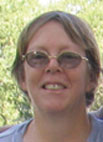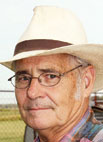
Big Branch-Cooper Cattle sees AI and ET as value-added processes
Brent and Tracy Cooper attended Arkansas Tech at the same time but did not meet there. Rather, they met at the Old Fort Days Rodeo in Fort Smith right before Brent’s senior year when he was “chasing the rodeo road.”
After the couple married in 1991, Brent decided he needed a “real” job. Therefore, Brent worked for Briggs Ranches in Poteau, Okla., from 1995 until 2000, before switching to the Parker Red Angus Ranch in Mansfield, Ark., from 2000 to 2005.
Next he worked for Big Branch Breeders Service beginning in 2005 until he purchased the business in 2020 and changed the name to Big Branch-Cooper Cattle , where Brent managed a 500-head herd of Red Angus. In 1992, Brent began helping out his in-laws, Judy and Terry Duboise, becoming heavily involved in 2005.
In 2012, Brent went to Russia right near the Ukrainian border with 16 other AI specialists to artificially inseminate 42,000 Angus heifers. At the time, a Russian group was buying old collective farms and filling them with U.S. and Australian cattle.
“American breeders are slow to adopt innovation and technology. Brazilian breeders, for example, uses five times more AI than we d, but they use our semen because we have currently better meat quality,” Brent explained. “At first, their meat was simply cheaper, but now is not only cheaper but with better quality than before. If we want to stay on top, we need to be more open to change.”
The Duboise ranch runs a larger Red Angus/Simmental herd with Brent now becoming part of the decision-making process. One of his first contributions was helping the ranch to transition from an old Simmental herd because the nationwide preference for large calves had led to calves being too large for the butchering facilities.
Another important contribution was the ranch moving from natural to breeding all females by AI first and then using high-quality cleanup bulls. They raise their own bulls and replacement heifers with genetic diversity coming from outside semen. Further, only heifers produced by AI are retained to promote AI conception rates.
An important value-adding process, a result of the dropping market for previously culled cows, is using them as recips for other producers who pay a fee for implanting an embryo and raising the calve until weaning at 205 days.
“I consider steers a byproduct while my father-in-law sees heifers as byproducts,” Brent said. “However, our differing viewpoints make no difference because we both want to produce calves using the most up-to-date technology and science.”
Perspective outside semen donors need genotype testing to improve EPD accuracy. When Brent purchases semen, the purchase is typically for 200 to 300 units. The goal is calf uniformity because a uniform group sells for more money. Calves are typically sold through video sales, off the ranch or in Oklahoma City.
“Getting a good price is not as much about where you sell as what you sell,” Brent said.
Weaned calves are taken to one location for at least 45 to 60 days of backgrounding depending upon the market. While cows receive a small amount of grain in winter to maintain optimum health, calves are fed a 14-percent protein and 4-percent fat commodity blend to produce muscle rather than fat. Health protocols maintain high standards, including vaccinations, medicated mineral, and rotating products and distribution methods of fly control.
Another important component of the ranch system is producing high-quality pasture and hay on dual-purpose land. Depending on the timing of last cutting of hay, fields cut last are drilled with ryegrass and cereal rye for winter grazing.
“I’d love to overseed with clover, but I need a better handle on the weeds first,” Brent explained.
The lion’s share of Brent’s income comes from Big Branch-Cooper Cattle. The company offers semen sales, liquid nitrogen tank services and custom artificial as well as herd reproduction consultation. Two employees handle most of the work, with Brent traveling all over the state as needed, including performing AI on 2,500 to 3,000 females, with Tracy handling the books and records.
“AI is not a magic bullet and doesn’t fix anything,” Brent said. “Successful AI is part of a comprehensive program that touches all parts of the production system. It also takes several years to see the kind of results people hope for.”
Brent views the Red Angus/Simmental herd as a research herd and will recommend nothing that he has not successfully with that herd, including new technologies and science. According to Brent, not many semen companies are also in cattle production.
Producing replacement heifers and bulls, maintaining high-quality feed and hay, as well as health protocols are essential elements for success. The result of the Big Branch-Cooper Cattle system is that an initial AI success rate of 50 percent with heifers and 55 to 60 percent with cows, in line with the national averages, increased to 74 percent in 2020.
Brent and Tracy are busy people and wear many hats. Tracy taught math for 20 years and has been a counselor at Hackett High School for seven. Jonathan and Mackenzie are Brent and Tracy’s children. While a vet in the family naturally saves money, Jonathan and his wife Mary adding a very new member to the family named Jocelyn is even more important. Mackenzie will soon graduate from law school and marry Harrison Sears.
Brent clearly remembers sitting in the back while his grandfather Delorn harvested square bales and thinking in his young mind that harvesting all day would be a great job. He also remembers raking hay when he was 7 or so with important instructions to turn the key off if he thought he was going to get into trouble.
“Of course,” Brent said, “I would like a safer experience for my granddaughter, but I’d love for her to feel the same sense of wonder and satisfaction I did as a child.”







